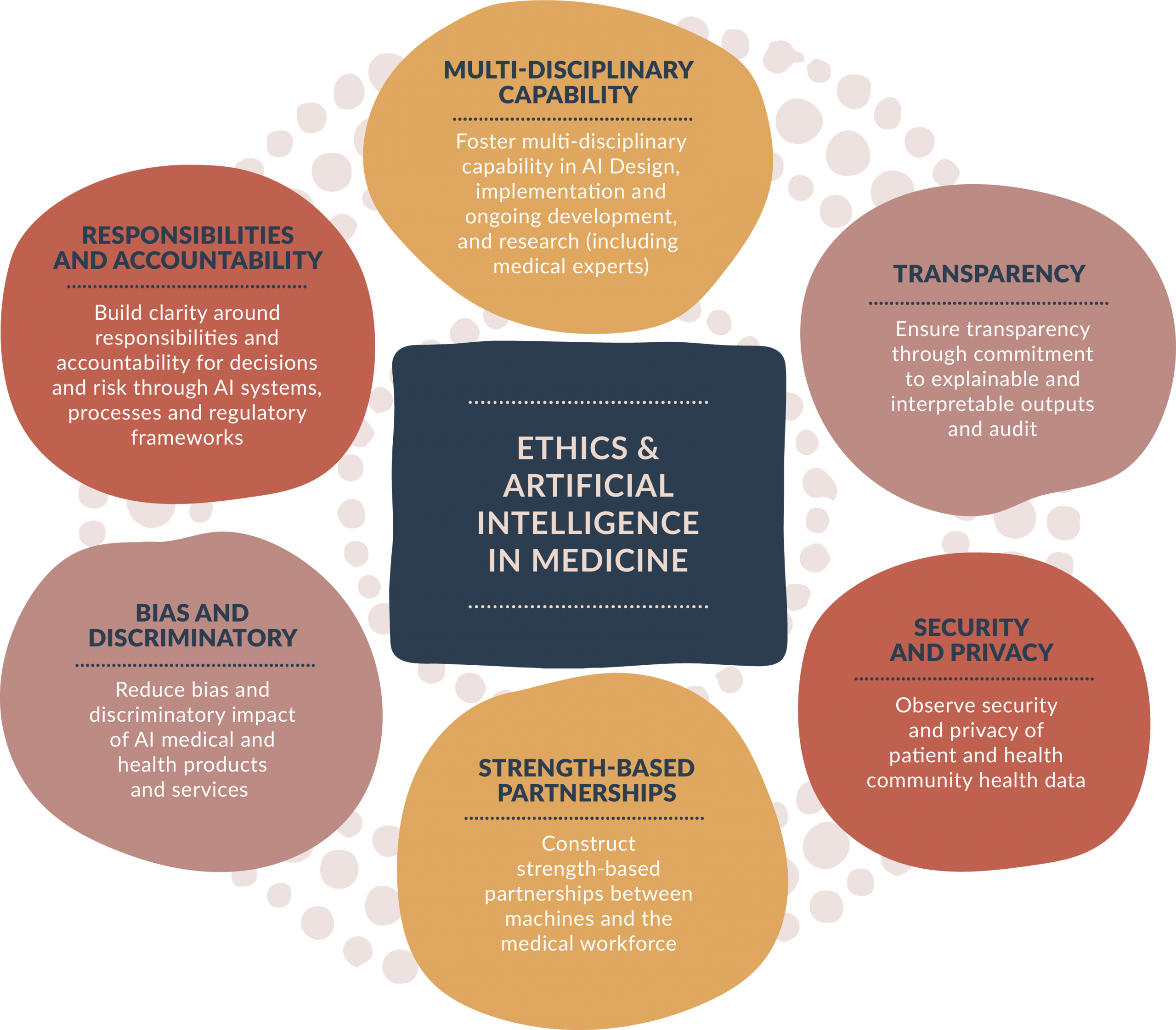Artificial Intelligence (AI) is rapidly transforming the way we live, work, and interact with the world around us. From self-driving cars to personalized recommendation algorithms, AI technologies are becoming more prevalent in our daily lives. While AI has the potential to revolutionize industries and improve efficiencies, it also raises important ethical questions that must be carefully considered.
The Role of Bias in AI
One of the most pressing ethical concerns surrounding AI is the issue of bias. AI systems are only as good as the data they are trained on, and if that data is biased, the AI system will perpetuate and even exacerbate that bias. For example, AI algorithms used in hiring processes have been found to discriminate against certain demographic groups, leading to unfair hiring practices. It is crucial for companies and policymakers to address and mitigate bias in AI systems to ensure fair and equitable outcomes.
Transparency and Accountability
Another ethical consideration in the realm of AI is the need for transparency and accountability. AI algorithms are often complex and difficult to understand, making it challenging to identify how decisions are being made. This lack of transparency can lead to distrust and concerns about bias or unethical behavior. Companies must be transparent about how their AI systems work and be held accountable for the decisions they make. Implementing clear guidelines and regulations around AI usage can help ensure accountability and ethical behavior.
Privacy and Data Security
AI technologies collect and analyze vast amounts of data about individuals, raising concerns about privacy and data security. As AI becomes more integrated into our daily lives, it is imperative to establish robust data protection measures to safeguard sensitive information. Companies must prioritize data privacy and security to prevent misuse or unauthorized access to personal data. Additionally, individuals should be informed about how their data is being used and have control over their personal information.
The Future of Work
AI has the potential to automate tasks and streamline processes, but it also poses challenges to the future of work. As AI technologies become more sophisticated, there is a growing concern about job displacement and the impact on the workforce. Companies must consider the ethical implications of AI on employment and ensure that workers are prepared for the changing landscape. Investing in reskilling and upskilling programs can help individuals adapt to the evolving demands of the labor market.
Ethical AI Development
As we continue to explore the vast possibilities of AI, it is crucial to prioritize ethical considerations in the development and implementation of AI technologies. Companies and policymakers must work together to establish guidelines and regulations that promote ethical AI practices and protect individuals’ rights. By fostering a culture of ethics and responsibility in AI development, we can harness the benefits of AI while mitigating potential risks and ensuring a more inclusive and equitable future.
In conclusion, the ethical implications of artificial intelligence are complex and multifaceted, requiring careful consideration and proactive measures to address. By prioritizing transparency, accountability, privacy, and ethical AI development, we can harness the transformative power of AI while upholding ethical standards and promoting positive societal outcomes.

